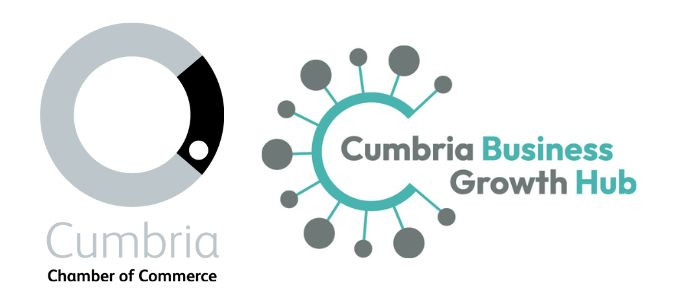 The share of self-employed workers saving into a pension has fallen by almost two-thirds in the last decade, according to new research.
The share of self-employed workers saving into a pension has fallen by almost two-thirds in the last decade, according to new research.
A report by the Resolution Foundation on the retirement incomes of the self-employed has uncovered a sharp drop in the proportion of self-employed workers either having or contributing to an active pension scheme.
Its findings show that the number of self-employed individuals contributing to a pension scheme fell from 1.1 million in 2001-02 to 0.5 million in 2012-13. With the self-employed workforce growing by 900,000 over the same period, the proportion of those contributing has fallen by almost two-thirds (65%).
This drop is due to newly self-employed workers not saving as well as existing workers stopping their contributions.
The authors say that a return to real earnings growth may encourage some of these workers to start saving again, while those moving into an employee job are likely to be auto-enrolled into a workplace pension scheme.
The research also found that self-employed workers are more likely than employees to have non-pension income, such as ISAs, to draw upon in retirement; and some expect long term income from their company, or the sale of it. However, the authors said this is unlikely to be enough to compensate for the shortfall in pension saving.
Even so, self-employed sole traders are more likely to say that they can't afford to save from retirement than others, says the report. Its research found that 41% of self-employed workers without employees say they can't afford to save for a pension, a far higher proportion than employees (33%) and self-employed workers with employees (28%).
Conor D'Arcy, policy analyst at the Resolution Foundation, said: "As self-employment becomes a longer-term career choice for millions of people, it's important to better understand not just current earnings, but incomes in later life too. Changing the way employees prepare for their retirement has been a huge public policy success. But there is risk that Britain's 4.5 million self-employed have fallen through the cracks. Ensuring that they save enough for their retirement should be a top priority for the new government."
